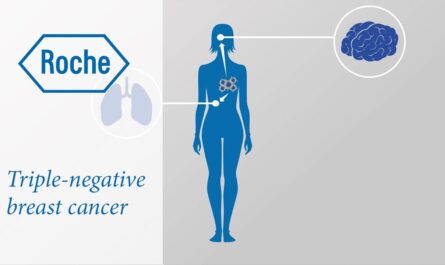The use of antipsychotic drugs, such as quetiapine and haloperidol, has been linked to an increased risk of ventricular arrhythmias and sudden cardiac death (SCD) caused by drug-induced QT prolongation, according to a recent study published in Heart Rhythm. The study emphasizes the need for caution and vigilant monitoring to manage the cardiac risks associated with these medications.
Cardiac-related issues related to the use of antipsychotics have been a concern for the past three decades. Some drugs have been removed from the market or had their use restricted due to the unacceptably high risk of lethal ventricular arrhythmias. However, drug-induced cardiac arrhythmias continue to remain a significant clinical issue as no safer alternatives are available.
Professor Jamie Vandenberg, co-author of the study’s accompanying editorial, highlights the significance of the issue. Of the 41 drugs listed in the United States as having a known risk of heart rhythm disorders, five are antipsychotic drugs, which are commonly used to treat schizophrenia and psychosis. The use of these drugs is associated with an approximately two-fold increased risk of sudden cardiac death. If we cannot eliminate this risk entirely, it is crucial to at least minimize it by identifying high-risk patients and closely managing their condition.
The study, led by Dr. Shang-Hung Chang, involved a retrospective analysis of electronic medical records from a large cohort of patients in Taiwan who received quetiapine or haloperidol therapy. Researchers evaluated the incidences, risk factors, and clinical outcomes of severe QT prolongation, which includes ventricular arrhythmias and sudden cardiac death, in these patients.
The results revealed that over 10% of patients developed severe QT prolongation during the follow-up period, with an increased risk of ventricular arrhythmias and sudden cardiac death in those who developed severe QT prolongation while using quetiapine or haloperidol.
Dr. Chun-Li Wang, a co-author of the study, emphasizes the importance of closely monitoring patients receiving these medications and implementing appropriate risk mitigation strategies to ensure patient safety. Clinicians should be aware of the potential risks associated with quetiapine use, particularly the risk of severe QT prolongation and its associated outcomes, including ventricular arrhythmias and sudden cardiac death.
To mitigate the risks, Professor Vandenberg suggests conducting an electrocardiogram (ECG) before and after starting an antipsychotic drug. If possible, discontinuing a drug that causes QT prolongation and trying a different antipsychotic can be considered. However, if this is not feasible, attention should be given to reducing other risk factors, such as prescribing other drugs that may exacerbate QT prolongation, and monitoring for hypokalemia.
In summary, the study underscores the need for vigilant monitoring and risk management when using antipsychotic drugs to ensure patient safety. By closely monitoring patients and implementing appropriate strategies, healthcare professionals can better manage the cardiac risks associated with the use of these medications.
*Note:
- Source: Coherent Market Insights, Public sources, Desk research
- We have leveraged AI tools to mine information and compile it



